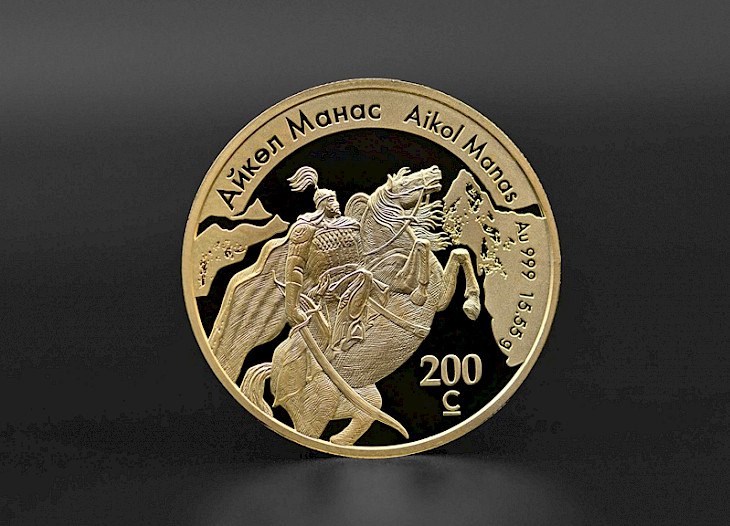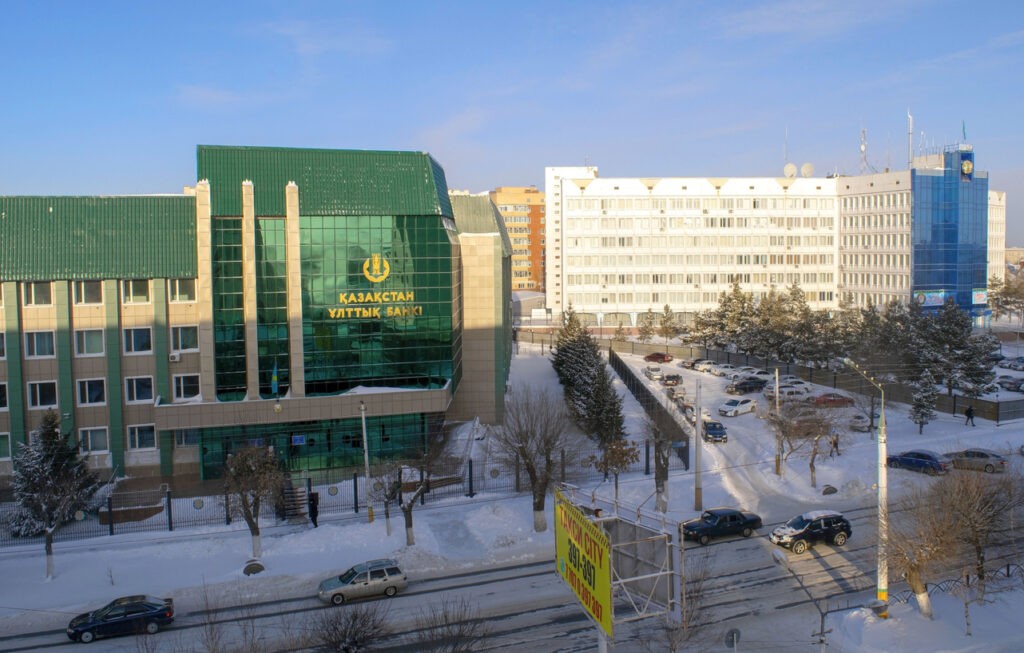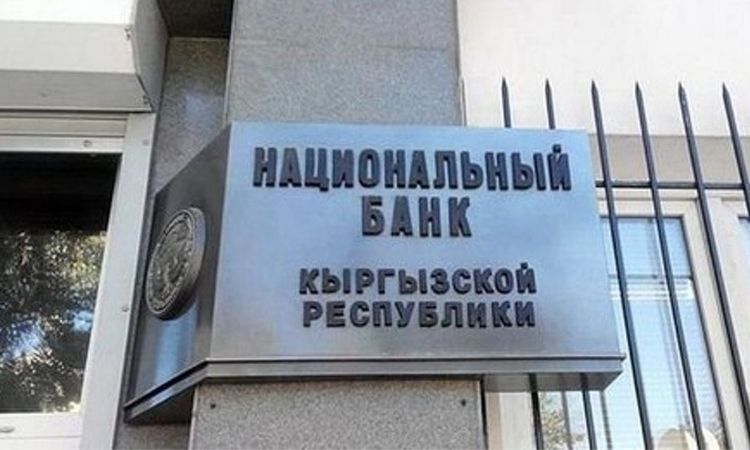Kyrgyzstan Eyes Digital Currency to Modernize Financial System
The National Bank of the Kyrgyz Republic (NBKR) has announced plans to launch a digital national currency, the digital som. The financial regulator expects the initiative to bolster the country’s financial sector and enhance public administration. New Opportunities The NBKR envisions the digital som transforming Kyrgyzstan’s financial landscape and increasing cashless transactions. One major advantage is improved control over budget spending. Additionally, the digital currency will allow payments even in areas without Internet access - crucial for remote regions with limited connectivity. Using simple technologies such as QR codes and mobile applications, citizens will be able to make quick and convenient payments for goods and services. “The monopoly of central banks to issue money is already ending. Anyone with a computer can create cryptocurrencies and various coins. We are keeping pace with this trend,” noted Akylbek Japarov, Chairman of the Cabinet of Ministers. He added that the Ministry of Finance plans to issue digital currency by 2025, allocating up to 27 billion KGS ($314 million) for digital bonds, treasury bills, and gold-backed coins. Under the government’s plan, the digital som will coexist with traditional cash and non-cash currencies. Authorities have devised mechanisms to facilitate its integration into the financial market. Commercial banks connected to the system will receive digital soms in their digital wallets, while equivalent amounts will be debited from their accounts with the National Bank. Transfers of digital soms between individuals will occur via existing banking infrastructure. Digital Stability The NBKR aims to integrate the digital som into the financial system by the end of 2026, with prototype testing scheduled for early 2025. Experts highlight the potential benefits despite some challenges. Economist Nurgul Akimova explained to Times of Central Asia that the Central Bank’s digital currency will feature robust security measures, including advanced cryptography to prevent fraud and ensure confidentiality. State control over issuance will ensure stability and reliability, distinguishing it from electronic money, which can be vulnerable to bank bankruptcies. Digital currency also offers new opportunities for public administration, particularly in taxation. Akimova noted that programmable features could automate tax deductions and other payments to the state, fostering trust and simplifying interactions between citizens and the government. “For the digital som to succeed, it must be widely accessible and easy to use, complementing existing financial instruments,” Akimova added. “Drawing on global experience and our unique national context, digital currency could become a universal means of payment for everyone. This marks a step toward a more modern, inclusive, and sustainable financial system in Kyrgyzstan.” Challenges Ahead However, certain hurdles remain. Akimova pointed out that introducing the digital som to international markets could pose difficulties, as cross-border payments in digital currencies will require the approval of other states.






